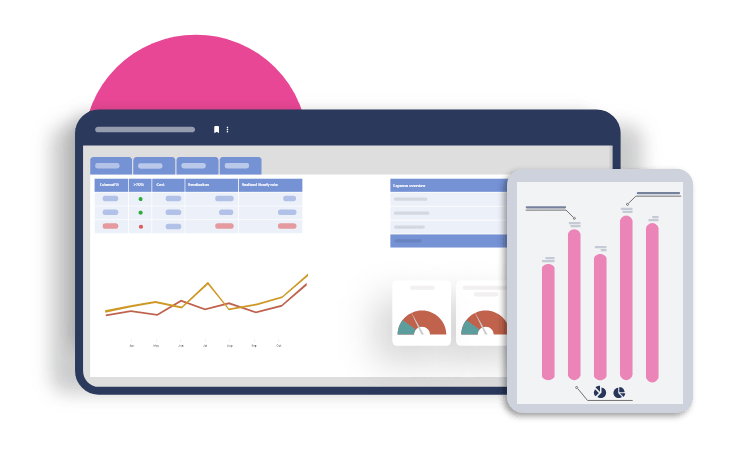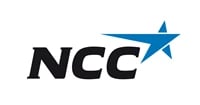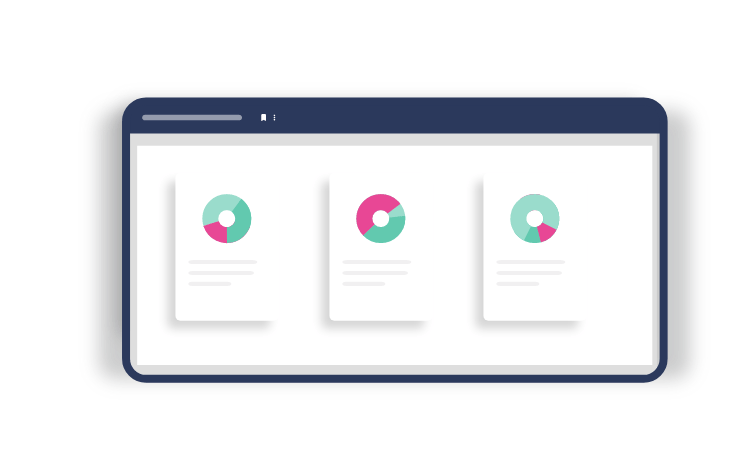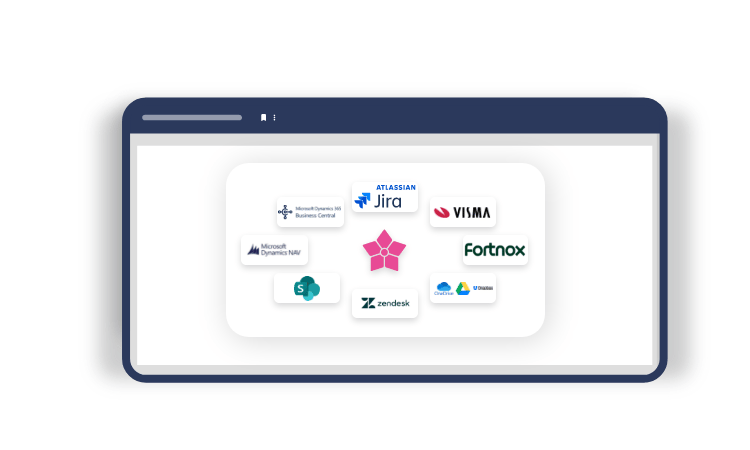Achieve performance goals
Keep your finger on the pulse of projects and adjust when necessary to achieve your goals.
Time tracking
Build your perfect data foundation for spotless invoicing and deep business insights with easy time tracking.
Project management
Be a world champion project manager. Keep your projects on track - and profitable.
Resource management
Efficiently staff projects and run a predictable business with confidence.
Insights & Reporting
Get smarter - faster - to make clever decisions for long-term growth impact.
Project accounting & Invoicing
Invoice everything - fast and accurate - while staying on top of project finances.
Staff & Salary
Give accountants and HR an intelligent tool to eliminate draining administration.
Financial Systems
TimeLog offers standard integrations for all your favourite financial systems. Save time and reduce manual tasks.
Payroll Solutions
TimeLog offers standard integrations for multiple payroll solutions. Get easy salary administration and only enter payroll information once.
Add-ons
Track time automatically via Outlook, use gamification or find another add-on that can support your business.
Multiple Legal Entities
You can create synergy between your departments and across borders and offices with the Multiple Legal Entities module from TimeLog.
Business Intelligence
Utilise the insights you get from TimeLog to the fullest. Our system is ready to integrate with multiple BI solutions.
Partner Integrations
TimeLog PSA is part of a large ecosystem. Get an overview of all the partner integrations in the TimeLog family.
Economy department
Save 1-2 days a month on your invoicing process.
Project teams
From planning to execution and evaluation. Robust tools for every project manager.
Management teams
Create a performance-driven culture with solid reporting capabilities.
Large enterprises
Enhance operations and performance across entities, countries and departments.
NGOs and non-profit organisations
Simplify internal processes, spend less time on administration, and get documentation in place - at a discounted rate.
Blog
Get inspired to run an even better business with articles, guides and analyses.
Guides, podcasts and webinars
Get access to templates, guides and webinars that help and inspire you.
Help Center
Looking for help material and user guides to the TimeLog system? Look no further. Find all the help you need now.
Get a single source of truth
Discover how companies maintain a single source of truth across borders, departments, and currencies.
Get integrated
Discover the advantages customers gain from utilising our integrations and API.
Reporting in real-time
Explore how others leverage reporting to optimise their processes and make informed decisions.
Get started with resource planning
Discover how other companies thoroughly grasp their resources and enhance their ability to predict future trends.
Improved project financials
This is how the efficient financial toolbox from TimeLog helps project managers and CFOs improve their project financials.
Faster invoicing
Discover how other companies have slashed the time spent on invoicing by 75% - and uncover how you can achieve the same efficiency.
The Story of TimeLog
Get insights on TimeLog and how we can help you grow and evolve your business.
Employees
See who shows up every day to deliver the best PSA solution.
Career
What's life like at TimeLog? Are we hiring? Get the answer here.
Partner
Create even more value for your customers, as well as ours, as a TimeLog Partner.
Premium Service
Online Help Center, tailored onboarding and support from Day 1.
Corporate Social Responsibility
We work to ensure a positive impact on planet, people and businesses.
Security and GDPR
Learn more about how we work to keep your data safe and provide maximum security.
Stay up-to-date on billing rate and project margin on your portfolio, internal/external time and a bunch of other essential metrics, while the rest of the organisation gets exactly the numbers they need.












Keep your finger on the pulse of projects and adjust when necessary to achieve your goals.

See if employees are overworked, bored or if you're striking a healthy balance.

With deep and up-to-date insights, you'll be equipped to make the best decisions - fast!

In many organisations, efficiency and job satisfaction drown in the hassle of getting the numbers you need to do your job.
With TimeLog reports, everyone - from project teams to finance and management teams - always has the numbers they need at their fingertips:
Do you love your existing business intelligence solution, but can't get all the answers you need?
With TimeLog's open API, you can transfer all customer, project and time data to your business intelligence and create exactly the overview you need.
If you have a penchant for spreadsheets, you can of course also export everything to Excel.


"We now know exactly where to put our focus. The biggest gain is that we can compete with the big players in the market because we have exact data enabling us to avoid projects with a risk of low profit."
We agree on the optimal setup and process for you in a customised workshop.
You get access to how-to articles and videos that quickly give you an overview of TimeLog.
Get help from our expert consultants who will take you by the hand every step of the way.
With our support and advice, you are guaranteed full utilisation of the system.

De bedste ledere holder hånden på kogepladen, så de kan træffe de bedste beslutninger - og sikre at medarbejderne trives.
TimeLogs rapporter giver dig den viden, du har brug for, til at blive en bedre leder:
Fill out the form and we will contact you as soon as possible.

